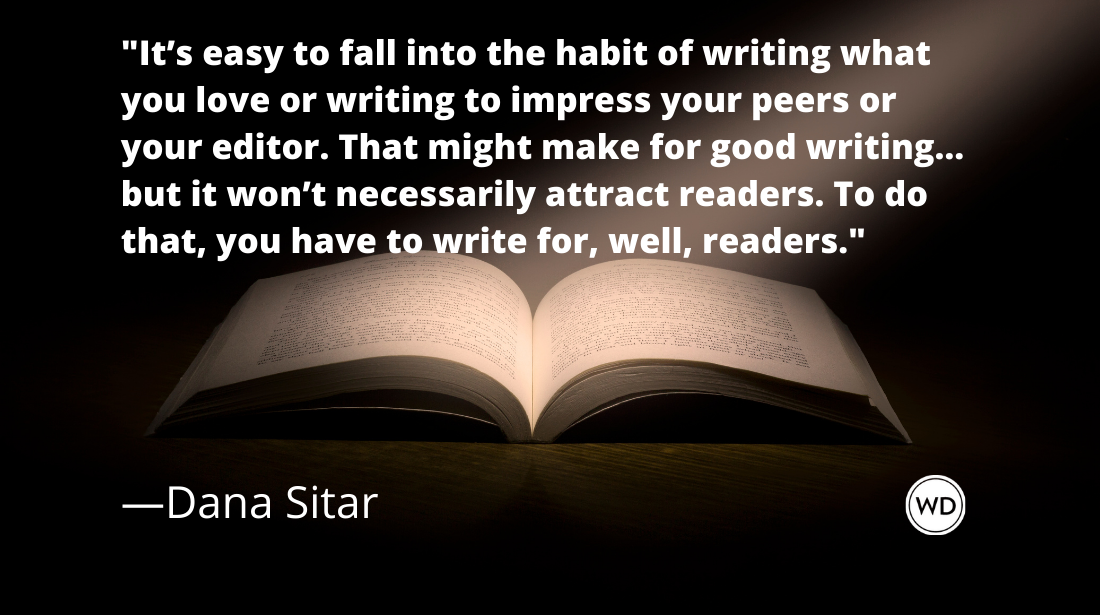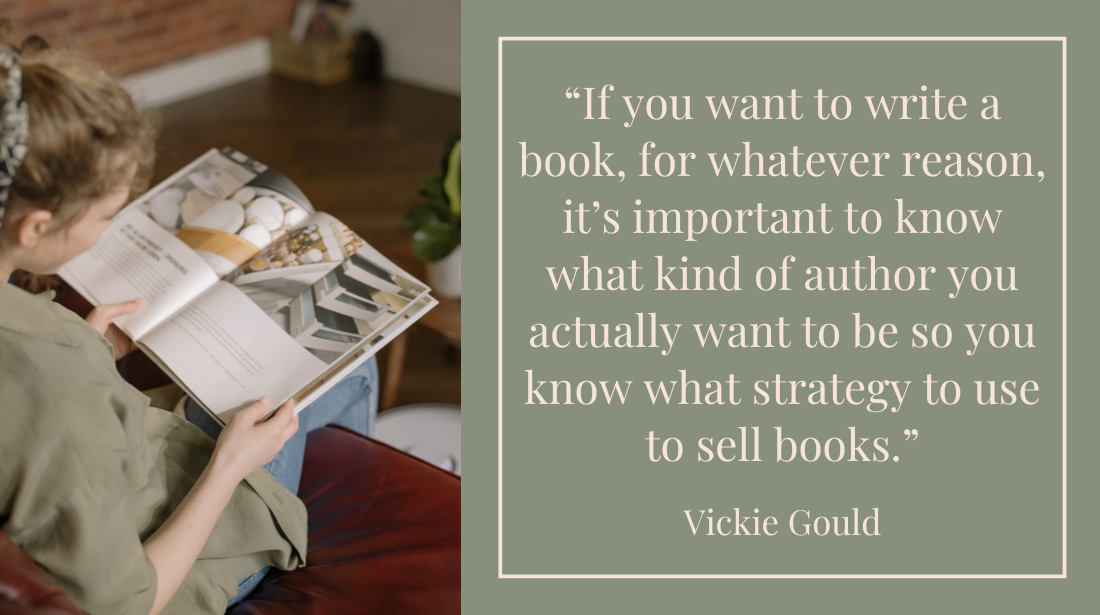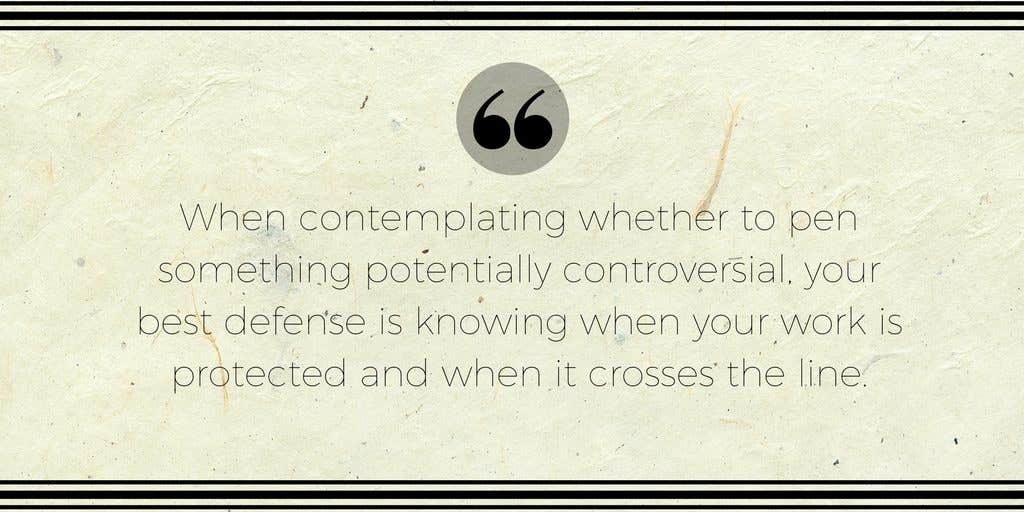Is the Book Dead?
With all things electronic demanding our attention, with new media like e-books becoming more common and more sophisticated, is the ancient book dead. Hardly. Read why.
So, who today gives a damn about a book, that archaic package of words, black upon white, noninteractive, static, unflickering and unbeeping? Who cares, when screens of DVD and VHS entertain, when the internet pipes in all information and all misinformation, when all manner of things electronic baby-sit and comfort and distract?
Who gives a damn? More than just you, an aspiring book-writer, let me assure you.
We've heard any number of death-of-the-book predictions in recent years, false alarms, all. I once attended a desktop-publishing conference in which some computer guru proclaimed that "ink is the embalming fluid of ideas." Certainly our verbal literacy is losing ground to visual literacy, yet we've seen such "heralded" book supplanters as multimedia and "cyberbooks" rise and fall all too quickly, and in the e-commerce world on the Internet, the #2 best-selling product (behind computer equipment and software) is, gosh, the book.
This does not surprise anyone who has loved a book. Does someone think that a book is more passive, less interactive than a web site, a multimedia program? Ask that someone to read again the opening of Ray Bradbury's Dandelion Wine:
It was a quiet morning, the town covered over with darkness and at ease in bed. Summer gathered in the weather, the wind had the proper touch, the breathing of the world was long and warm and slow. You had only to rise, lean from your window, and know that this was indeed the first real time of freedom and living, this was the first morning of summer.
Douglas Spaulding, 12, freshly wakened, let summer idle him on its early-morning stream...
Memories don't stir? Images don't play? Emotions don't seep, only a little? Here in Bradbury's lucid and luscious words is interaction, human style, the interaction of thought with thought, the writer's thought with the reader's thought, and not a blasted mouse click to be seen or heard.
You see, Mr. Computer Guru, ideas are not embalmed, but preserved, not laid to rest but eternally resurrected and made eternally resurrectable. Ink on the page, bound between covers, is not embalming fluid, but the amber that preserves the prehistoric insect, letting it live new life through the centuries as people are able to view its detail and its beauty again and again.
What Is a Book?
Another false presumption by our computer guru was that computers were somehow in direct competition with the written word. Computers and books and all the other media vie for our time, granted, but making direct comparisons between any two given media is futile. We turn to each medium to benefit from that medium's special qualities.
Besides, a book is ultimately more than a medium. It is an entity.
What are the "special qualities" that lead us to the book? How do we define this entity—beyond the physical description of lots of pages with lots of words, two covers, and an International Standard Book Number, of course?
A book is presence and personality, it is pace and momentum, it is experience.
Presence and personality. Reading a book is a tactile experience, the feel of the cover, the smell of a new book and the smell of an old one, the sound of dried spine-glue as you open it wide to put it to its valued work, the look of spine on the shelf with tens or hundreds of its peers, the comforting weight of a book in your hands as you hold it before you.
This is a feel—the presence.
As important is that the form itself is a personality. For the reader, a book is a companion for quiet moments. It is an undemanding friend, yet often a challenging one.
So it is for the writer, this matter of presence and personality. The sound of late evenings as you type, the slipping feel of graphite scribbled in quick notes on paper, the response of keys rebounding after you touch them and create words with them. Presence.
The personality of a book project is similar to that of the final book. It is a companion for hopefully quiet moments, and an outlet during tumultuous ones. A book in progress is a constant friend, someone you can sit down and chat with for hours at a time. Yes, I realize that writing a book is more than a gab session with your typewriter. Writing a book is work, sometimes daunting, sometimes terrifying, often frustrating. But a book project can be a companion and a refuge, a place for contemplative work.
Pace and momentum. A book takes its time, using tens and sometimes hundreds of thousands of words to explore its subject at levels of thoroughness unavailable to television or periodicals or the sound-bitten world of radio. In depth and at length, Stephen Hawking explains the possible origins of the universe in A Brief History of Time, Tracy Kidder profiles both builders and home in House, Frank Herbert creates a universe of sand in Dune.
Yet, interestingly, the book's pace is ultimately the readers' own. You the reader control the speed at which a book feeds you information. Skim or peruse or study. You control the number of times the information is fed you, rereading sentences, reviewing previous chapters, settling down with a favorite title to reread the whole thing once again. You the reader, in a sense, determine when a book is finished—it is the moment that you choose to finish it.
As the book's pace is established, so is the book's momentum. Reading a novel or a nonfiction book has a certain ease that reading something shorter lacks. A book-length read, like the marathon, takes only one warm-up (discovering characters, plot or situation, and setting). Short stories and articles are sprints, and each one requires its own warm-up as you immerse yourself into brand-new characters, ideas and circumstances.
So it is for the writer, this matter of pace and momentum. Today, for example, I found it far easier to write my designated quota on a book-length project I've had in the works for some months than it was to begin work on this very article. Two thousand words of book text is sometimes easier to write than a two-thousand-word article, because writing middle is much easier than writing beginning, middle and end. Of course, books have internal beginnings, middles and ends, because chapters and sections must have their own patterns of rises and conclusions just as an article or a short story must. But the overall patterns and flow are at least partially in place, and for both writer and reader, easing into an already established flow is far easier than creating the flow first before jumping in.
Of course, the tradeoff is that if you lose your way on a book—the structure begins to creak, the book flows off its banks or is diverted or is just plain dammed up—momentum (now call it inertia) fights you. Re-steering a wayward project, restarting a stalled project, reconfiguring a misdirected project—all are more easily done at shorter lengths.
And momentum or no, a book is simply a big project, and sheer size can be daunting, especially when the end is viewable but a far way off. I once spent five years on a book project—a full year and a half spent somewhere in the middle doing nothing because the project was so demanding I had to give myself a break. I wrote a lot of short pieces in those 18 months . . .
Experience. In that same desktop-publishing presentation our guru showed a videotape of a tyke sitting in front of a computer. This 2-year-old switched on the computer, navigated to some interactive program or another, and played contentedly. I don't doubt that this happens. I also don't doubt that this has not supplanted moms and dads perched at the edges of beds, reading Goodnight Moon to their youngsters. Maybe mom reads tiredly after a long day. Maybe dad reads with a monotone brought on by the 13th reading of this tale. Maybe they read with lively energy. No matter. It is mom's voice, dad's voice, their comforting presence delivered in words no matter how the voice arrives.
As the children begin to read themselves, discovering Come to the Farm in the first grade, Henry and the Paper Route in the fourth, Dandelion Wine in the seventh, words continue to whisper in, continue to bring comforting presence. Not echoes of parental voice necessarily, yet still the feel of something, and something important, speaking to me. That something is not the author. It is the reader, and the reader's imagination, shaped and inspired and provoked by the author's words and ideas. When I read Dandelion Wine, I, my memories and my imagination are speaking to me as much as Ray Bradbury is. And so it was with Come to the Farm and Henry and the Paper Route.
How proud I was of my 10-year-old son when, at a recent professional baseball game, he saw a particular player up close for the first time. He said, "Players always look different than you expect. That's what I don't like about movies made of books. Things are always different than what you thought." He paused. "And it isn't so much the characters. It's the setting." Here was a young reader speaking not of tales told, but of immersion in setting, of all things—and of immersion in the worlds created by those settings. And when another's cinematic vision didn't match his literary one, he was disappointed. He had lost something from the experience of the book.
So it is for the writer, this matter of experience. When we write, we steep ourselves in the experience of the book, and, yes, the experience of reading. As we compose the words that will whisper to our readers, they first whisper to us. We experience in many ways what the reader experiences, at levels both deeper and more superficial as we plot and revise and brainstorm.
Why Is a Book?
Books exist, I believe, to serve the same purpose as the dandelion wine of Ray Bradbury's novel. Bradbury writes of bottled summers:
And there, row upon row, with the soft gleam of flowers opened at morning, with the light of this June sun glowing through a faint skin of dust, would stand the dandelion wine. Peer through it at the wintry day—the snow melted to grass, the trees were reinhabited with bird, leaf, and blossoms like a continent of butterflies breathing on the wind. And peering through, color sky from iron to blue.
Hold summer in your hand, pour summer in a glass, a tiny glass of course, the smallest tingling sip for children; change the season in your veins by raising glass to lip and tilting summer in.
Our books bottle the dandelion wine. Books preserve and showcase the prehistoric insect. Books and mom at bedside and words whispering into our memories provide one of our first communal experiences, then evolve into one of our most important private experiences, words whispering into our cortexes as we read to ourselves.
Books exist to invite those words whispering, to do it on the readers' terms, and to do it on your terms, the writers' terms.
So, then, who gives a damn whether you write that book you've been thinking about? There are readers out there—at least one, and perhaps hundreds of thousands of them—looking for that special connection of presence, personality, pace, momentum and experience, who need and seek the next Dandelion Wine, Henry and the Paper Route, Come to the Farm, House, A Brief History of Time, Dune. Those readers give a damn.
Uncork for them your book. Tilt the experience in.
William Brohaugh is former editorial director of Writer's Digest Books and the author of English Through the Ages.








